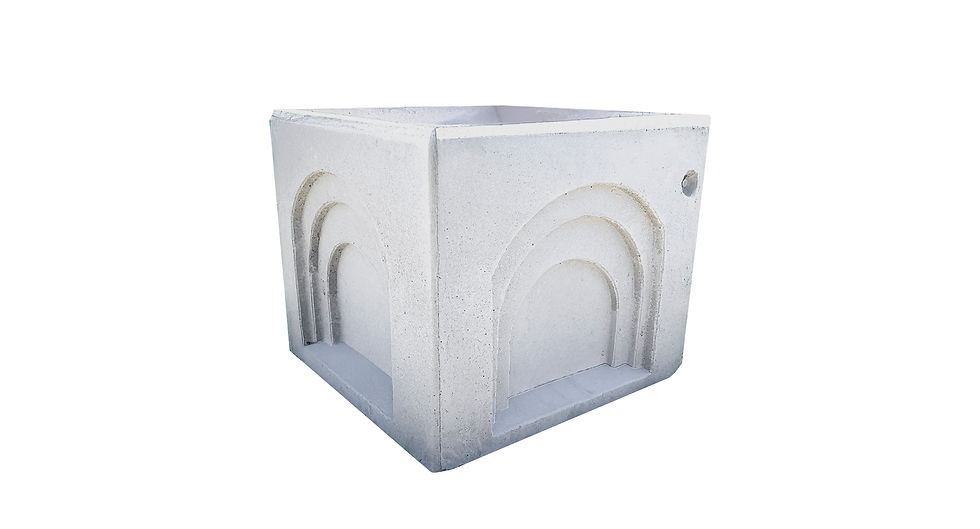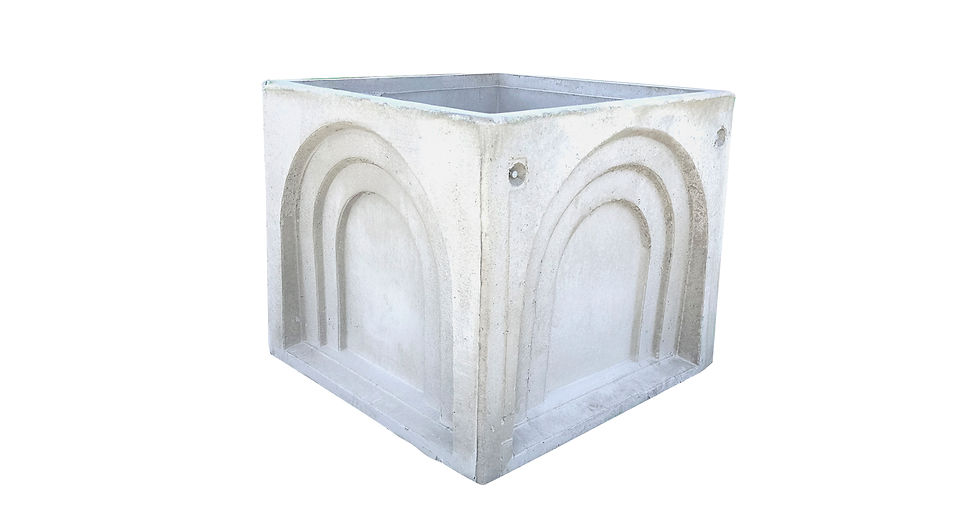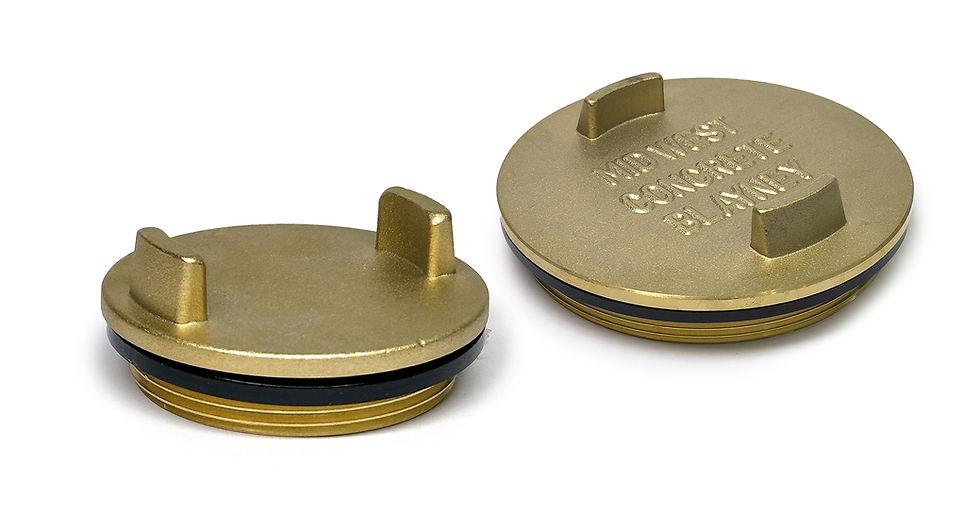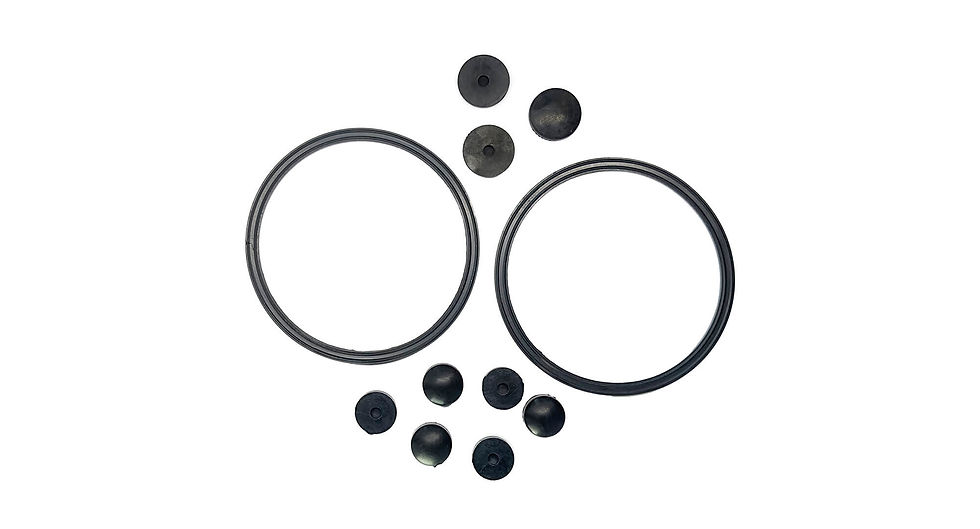top of page
Check Out Our Newest Products
Why Mid West Concrete?

Experience
More than 40 years making quality precast concrete products.

Service
We have the expertise to ensure you get the right product for your application.

Delivery
We work with you to ensure we always deliver the right product, at the right time.
Mid West Concrete is a name you can depend upon, with a solid reputation for manufacturing high quality precast concrete since 1985.
We are focused on delivering the best outcomes for our customers through our impeccable product design, construction and delivery systems. For perfect function, worry-free durability and on-schedule delivery, look no further.
We are a professional and experienced team, dedicated to ensuring that you can trust us to deliver the right solutions every time.


Download Our Latest Catalogue!

Get Your Free Precast Concrete Quote Today
bottom of page







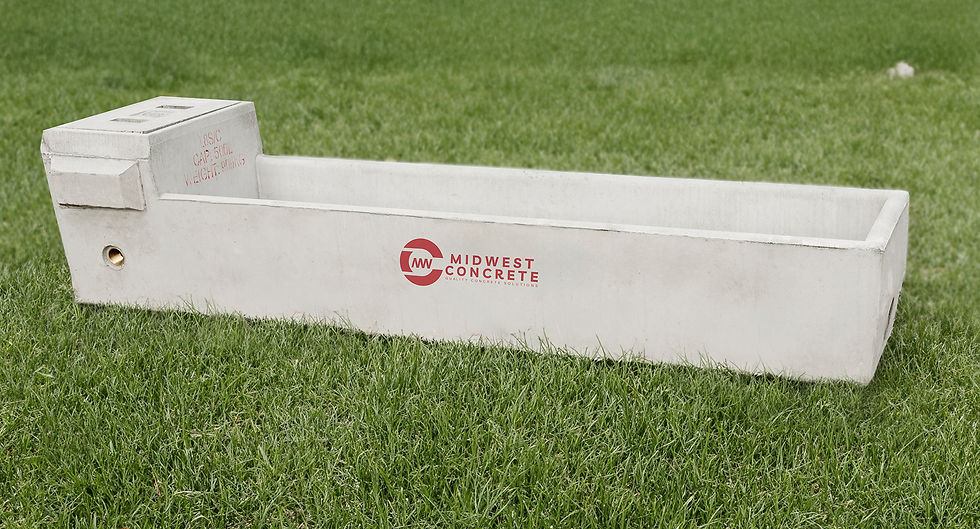
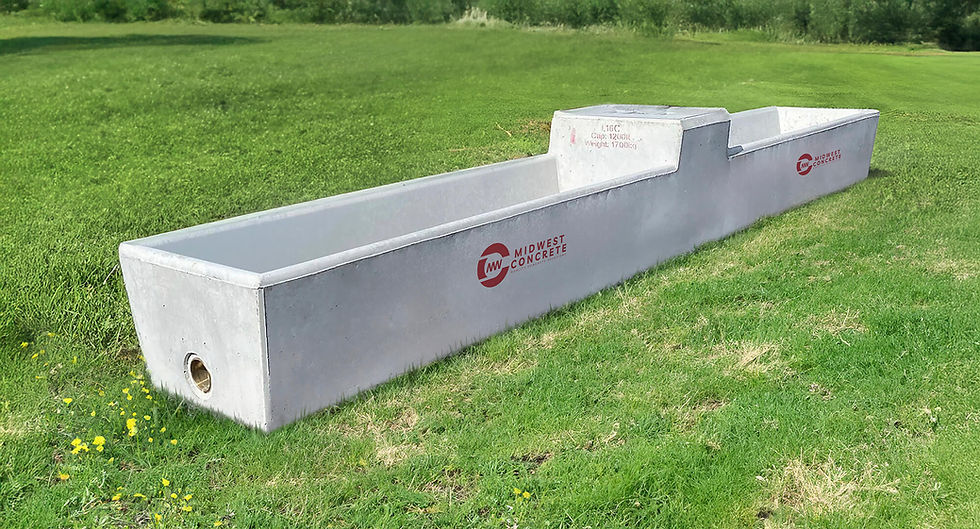
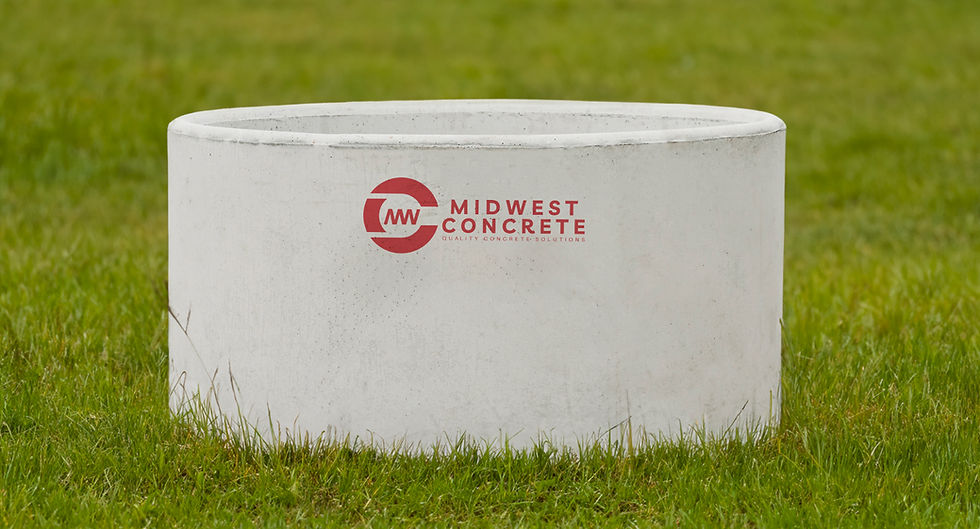
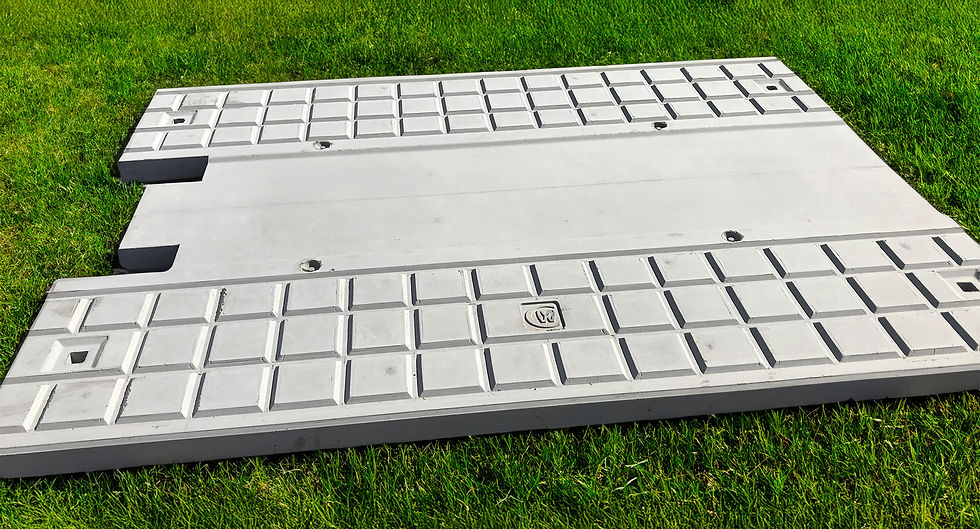

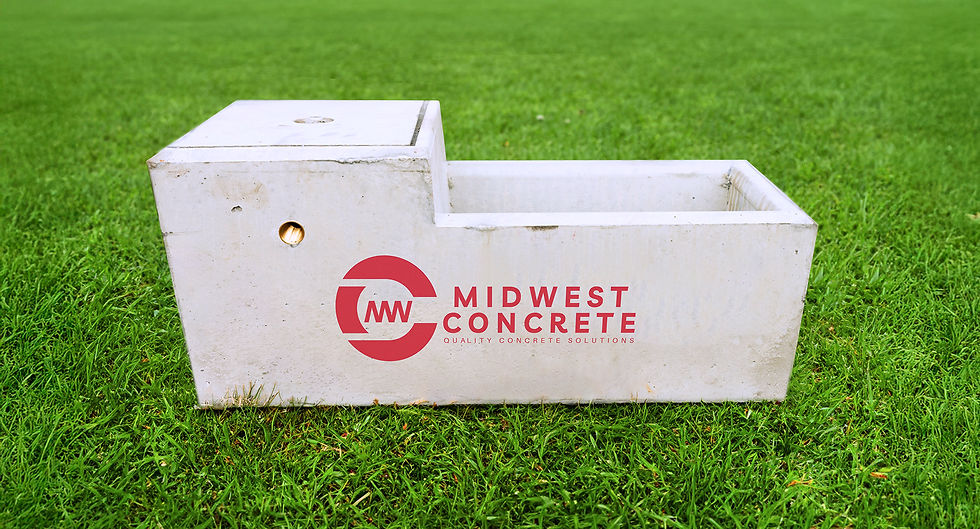



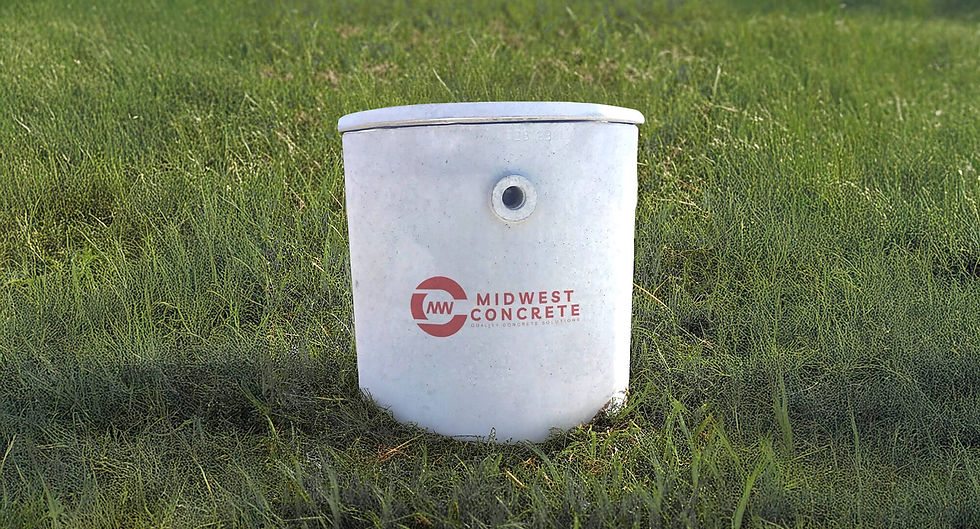
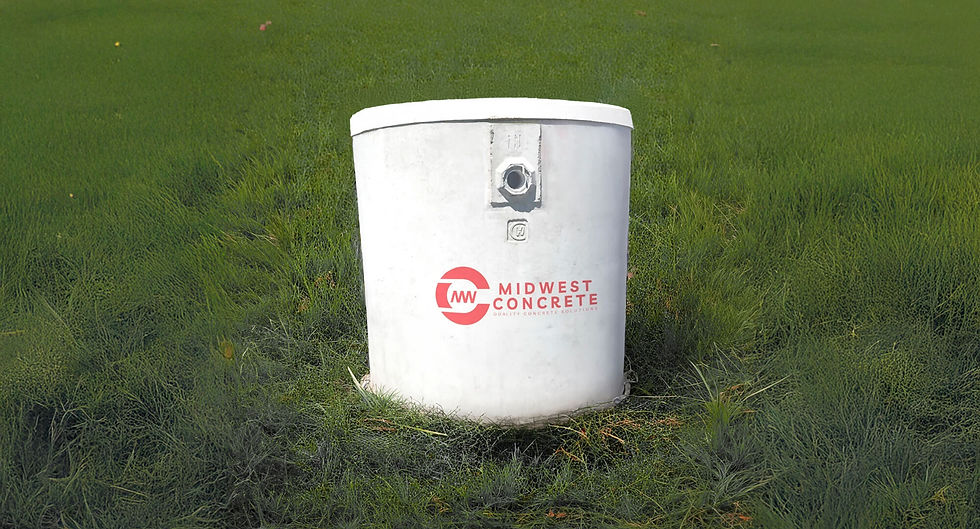
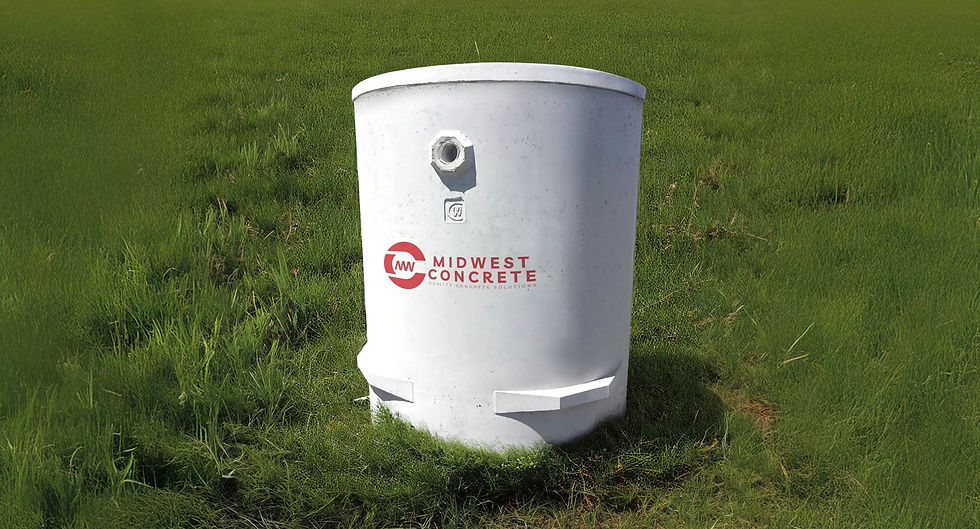

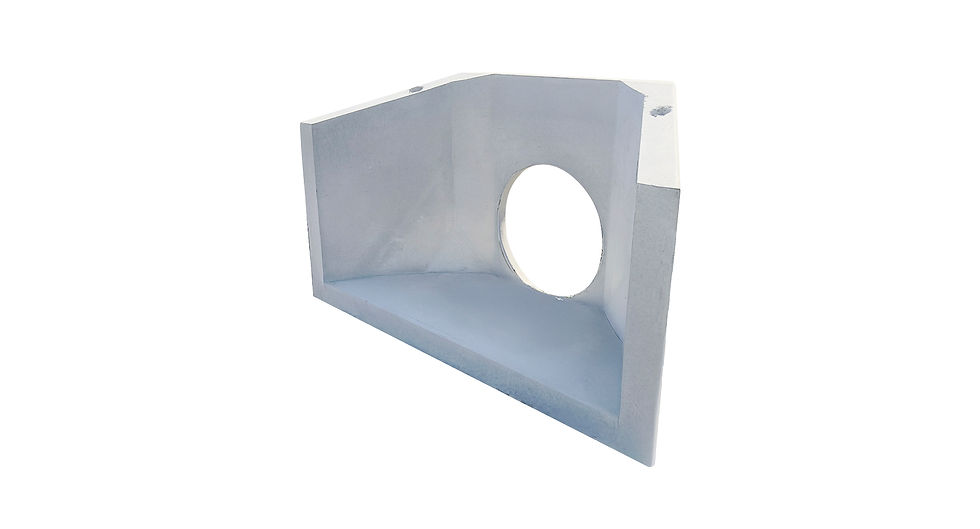
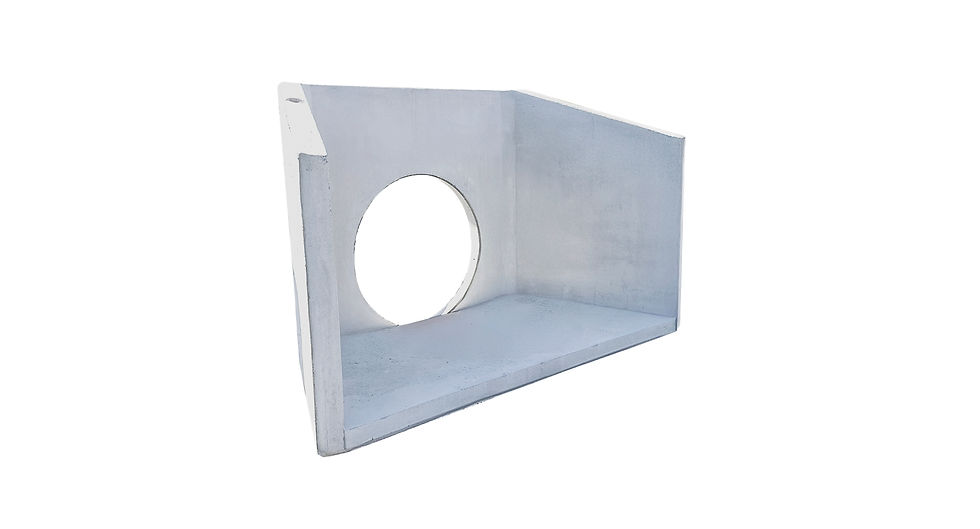
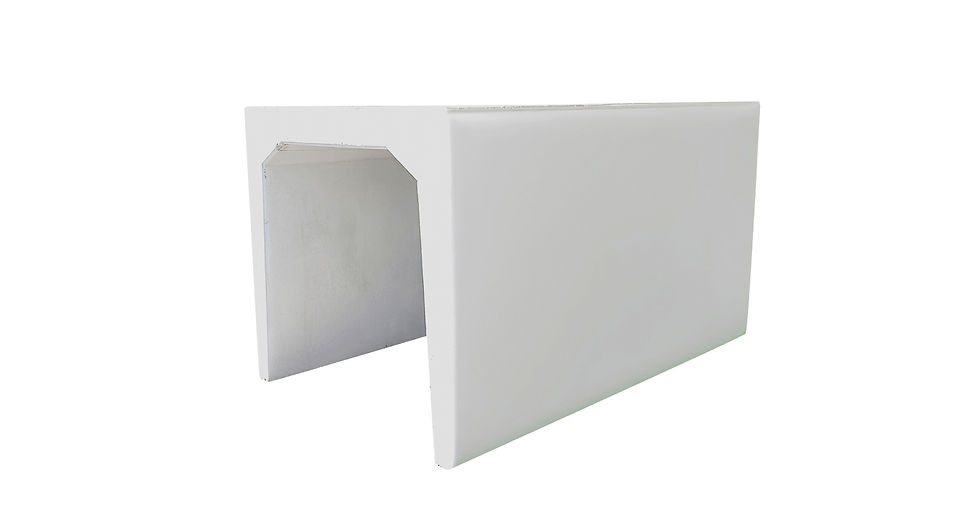


.jpg)
